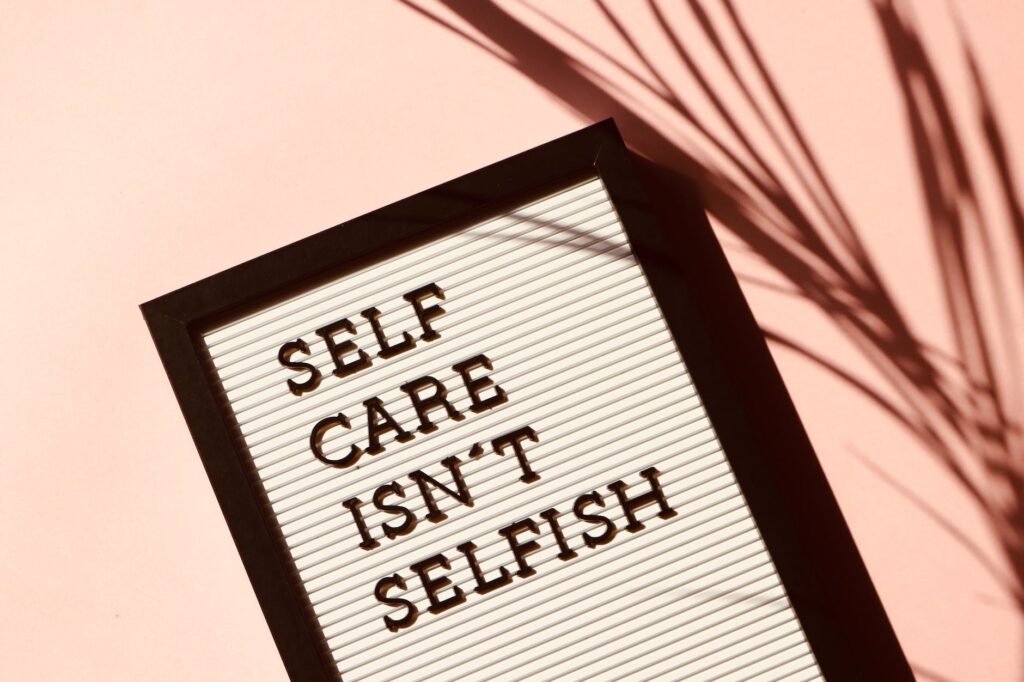
Introduction
Exercise is good for your physical health, but did you know that it can also help improve your mental health? In fact, many of the same benefits associated with exercise are also linked to better mental health. Read on to learn more about how exercise impacts depression and anxiety.
Exercise can help ease the symptoms of depression.
Say’s Wade Kricken ,you may have heard that exercise is good for your physical health, but did you know it can also help with mental health? Exercise has been shown to reduce symptoms of depression and anxiety.
Exercise has a number of benefits for both physical and mental health:
- It helps relieve symptoms of depression by increasing endorphins (natural chemicals produced by the brain), which lead to feelings of happiness or euphoria.
- It reduces stress hormone levels, helping reduce anxiety and improve moods.
- Regular physical activity can reduce the risk of developing Alzheimer’s disease later in life by improving blood flow to the brain.
Exercise can help you sleep better.
Exercise can help you sleep better.
If you’re having trouble falling asleep or staying asleep, exercise may be just what the doctor ordered. Our bodies produce melatonin naturally during the night, which helps us feel sleepy and sends signals to our brains that it’s time to rest. But if stress or anxiety are keeping you up at night–or if they’ve kept you awake throughout the day–exercising before bedtime might help get your mind off of those things so that they don’t keep popping up in your thoughts when it’s time for bedtime.
Exercise encourages you to eat healthier.
Exercise also increases your appetite, so even if you don’t feel like eating a big meal after exercise, your body may be telling you that it needs more fuel. This is because exercise increases metabolism (the rate at which calories are burned).
Exercise also makes us feel energized–and what better way to take advantage of this energy than by using it to eat healthier?
Exercising is good for your mental health!
When you exercise, your body releases a chemical called endorphins. These chemicals make you feel good and help reduce pain. They also have a calming effect on the brain, which can help people who suffer from anxiety or depression.
Exercise helps improve sleep quality by releasing melatonin (the hormone that makes us sleepy), decreasing cortisol levels (the stress hormone), and increasing norepinephrine (another chemical that controls mood).
Conclusion
Exercise is a great way to help improve your mental health. It can help reduce symptoms of depression and anxiety, improve sleep quality, and encourage healthy eating habits. If you’re not exercising regularly but want to start, try taking small steps like going for walks around your neighborhood or doing yoga poses at home before jumping into an intense workout routine. The most important thing is that you keep moving!